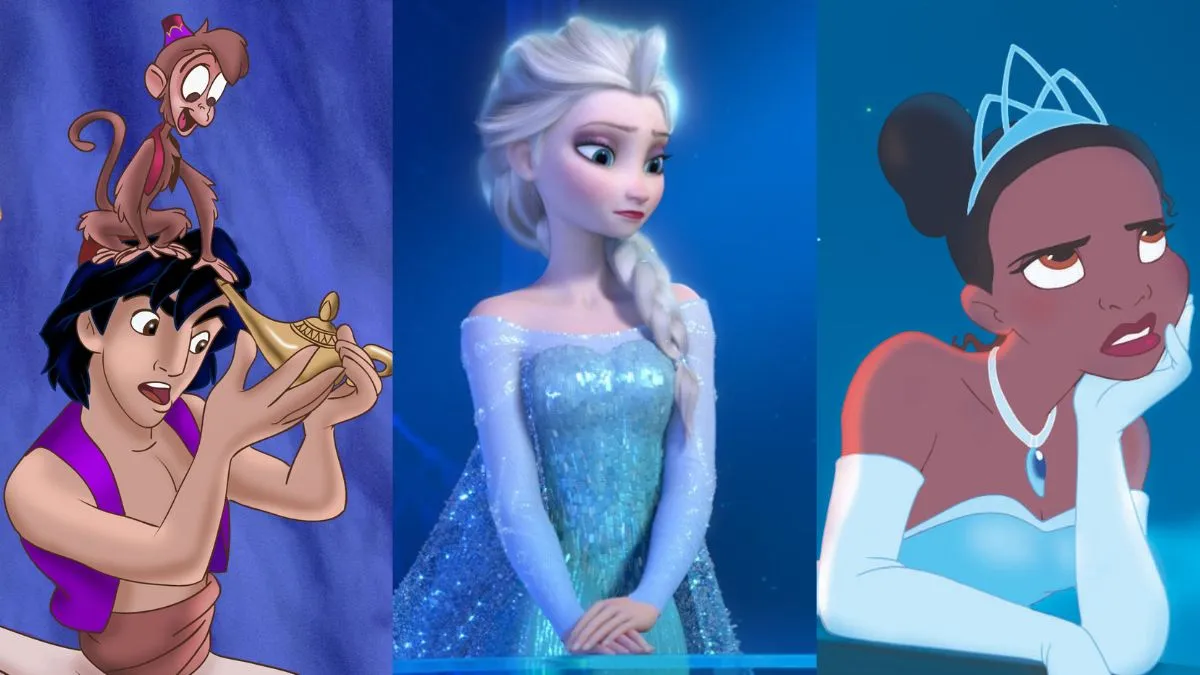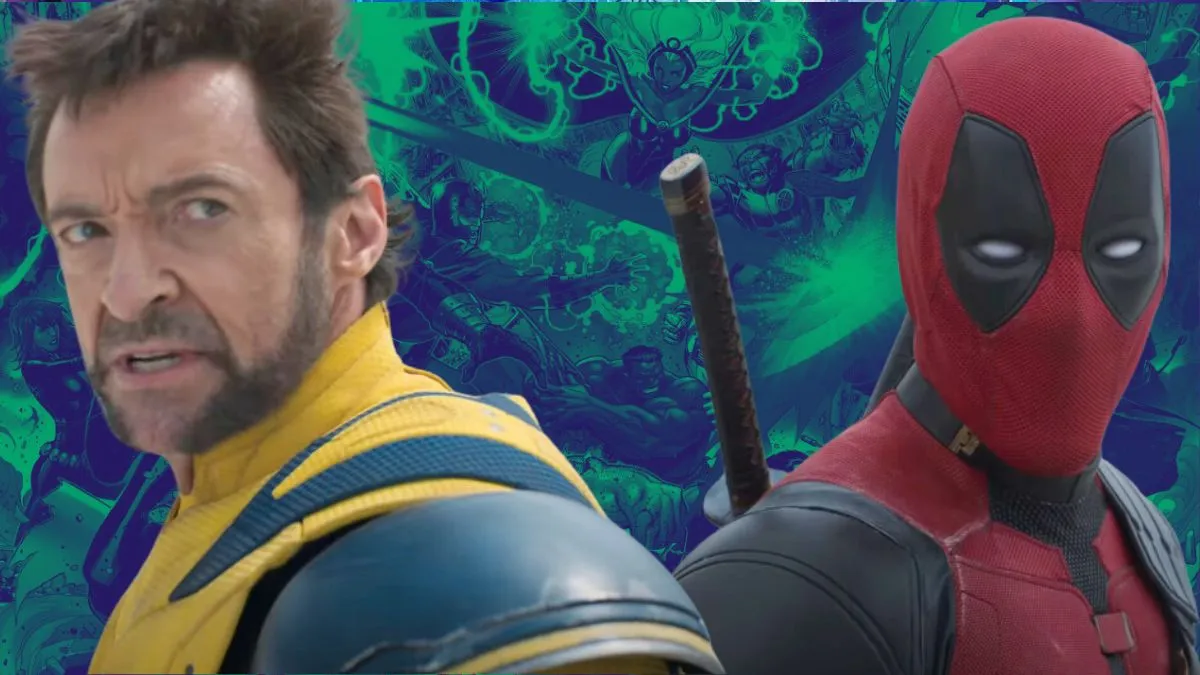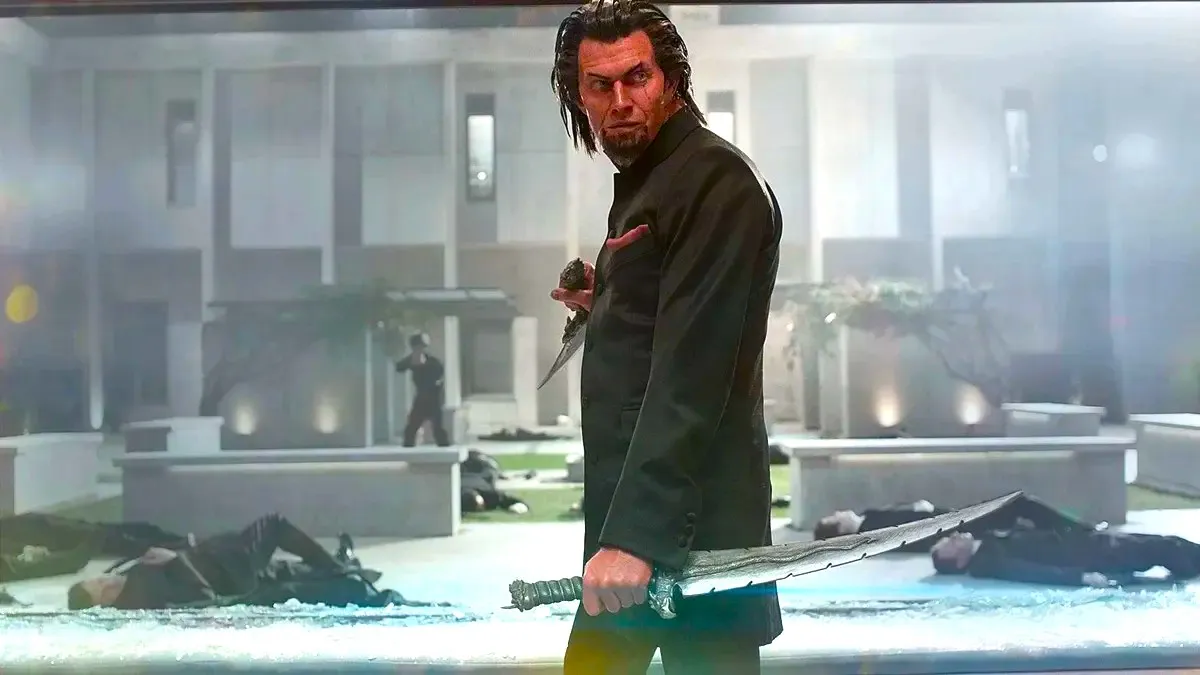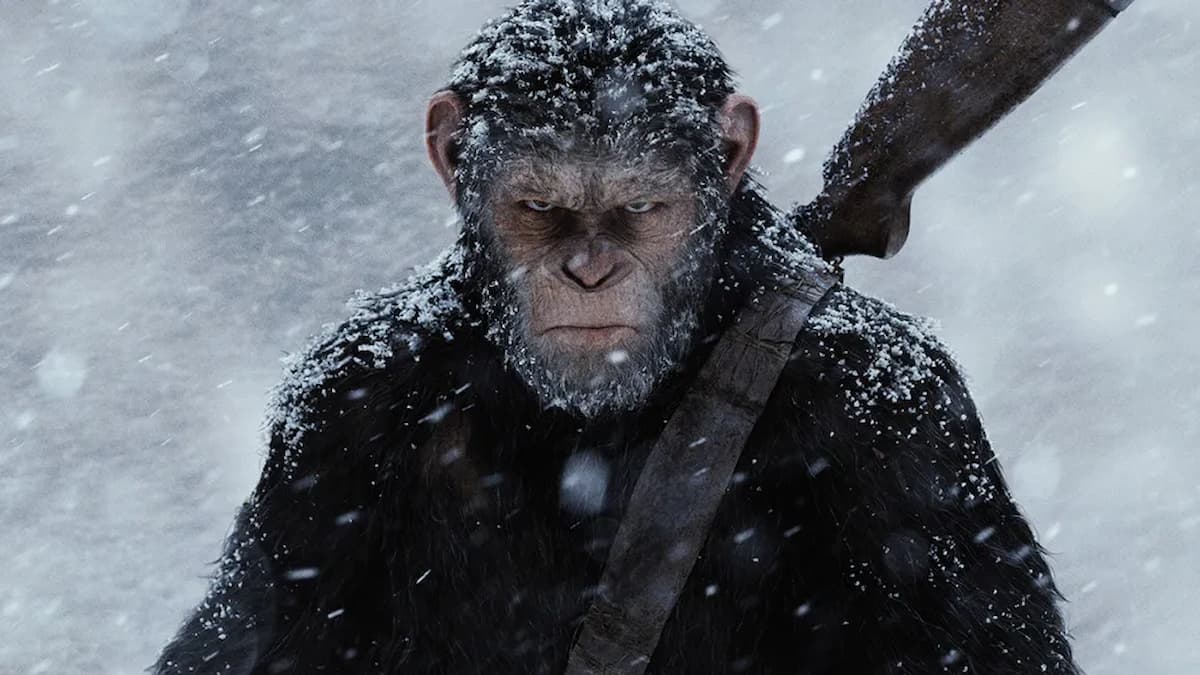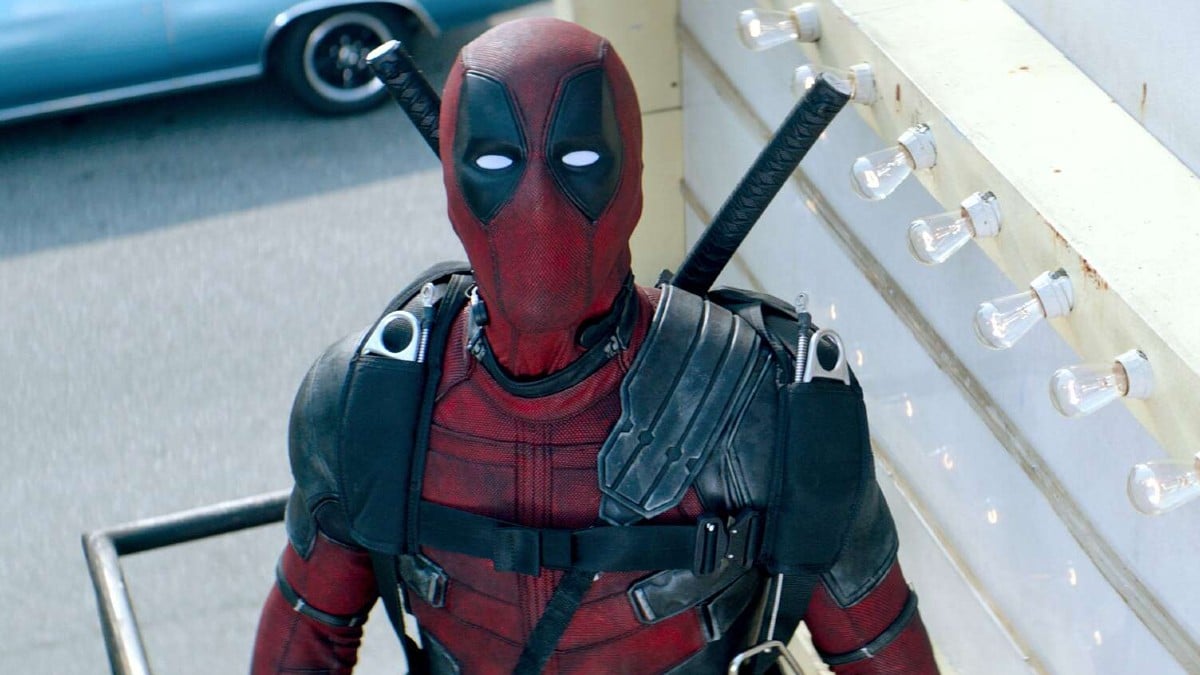Una attempts to distinguish itself from the substantial pack of films that attack similar themes by way of director Benedict Andrews’ morally distorting lens and David Harrower’s emotionally labyrinthian adaptation of his Tony Award winning source material, Blackbird. The film’s ability to refrain from getting tripped-up by overly respecting its subject matter to a fault is its most invaluable asset. In order for this story and its hefty, yet delicate topic to leave the necessary unflinching and unforgettable impression, one mustn’t be afraid to toe the line. For Harrower, Andrews the rest of the cast and crew, blurring the divide was child’s play, even if it meant stomping on a few heels along the way.
The film’s indelible visuals, shocking narrative and impassioned characters scream with the creative skill and wisdom of a battle-hardened veteran behind the camera, surely not the work expected from a first time director. However, this is surprisingly Benedict Andrews’ first feature seated in the director’s chair, making for a strong, accomplished and innovative directorial debut that effectively launches him onto filmmakers and cinephiles radars alike.
Our first encounter with Una (Rooney Mara), having just entered her teenage years, is as she’s perched underneath a tree reflecting in silence. A suffocatingly somber atmosphere does all it can to dispel of the visual innocence. We then abruptly shift to Una as a young adult, defining bass and seizure-inducing strobe lights disorient as she weaves her way through a crowded club.
Somewhat attempting to enjoy herself as she subconsciously sways to the beat, her face is vacant. It isn’t until she’s being sexually ransacked by a stranger (consensually), body pressed against a streaky and smudged bathroom mirror, that we see Una’s first genuine emotive response…which thoroughly dispenses with any remaining splinters of innocence.
A few purposely disorganized sequences of Una at varying ages later is when things get unsettlingly straightforward. Ray (Ben Mendelsohn), who works shipping and receiving at a local warehouse, is sought out by Una upon her discovery of his picture in a trade magazine. Confronted by Una during his daily grind, it’s revealed that the two have a nightmarish history.
Una, thirteen, and Ray, forty, carried out a technically consensual sexual relationship for three months before running away together. Their highly illegal and morally frowned-upon love was immediately extinguished following its discovery. Fifteen years after the trial, having served his time, Ray is devastated to find Una and her piercing gaze standing in his warehouse, threatening to reduce his newly found life to rubble.
Andrews’ deformed romance-thriller stupendously irritates, teeming with sexual tension, insinuating visuals and a skin-crawling closeness between Una and Ray. The film as a whole is indifferent to whether the audience is willing to acknowledge it, making its cringe-worthy affects all the more potent.
What gives Una this forceful influence is in its presentation of pedophilia through morally understandable emotions, most prominently love, which is typically not associated with the psychiatric disorder. At no point do Ray and Una characterize the mould of hunter and hunted. Even if they do, the roles are reversed on multiple occasions, making it harder to evaluate the film’s contents with conventional thought. By no means does Una condone its context, but it does a phenomenal job of making the viewer question every aspect.
Scribe David Harrower has created characters that don’t adhere to the “predator and prey” pattern. This systematic denotation devalues one life and dehumanizes the other; Harrower wants his characters to be impossible to categorize. Una and Ray are endlessly human, that’s it, that much we know for sure. And despite knowing the circumstance that binds them and the roles each played in that event, it doesn’t make either’s actions easier to condone or condemn. Again, by no means does Una abide by its subject matter, it simply presents the story from its multitude of emotionally-driven vantage points.
Harrower doesn’t shy away from the physical motivations prompting Ray or thirteen- year-old Una’s desire for adulthood and maturity, instead embracing it and using it to his advantage – whether it be the sexual lingo, utilized at length by both Una and Ray, or the byproduct of their sexual encounters…or the sexual encounters themselves. These plot points, noticeably absent from films of a similar cloth, add sensory depth to a very metaphysically understood action that cannot be replicated or replaced. That said, the innocent physicality and verbal sparring between Una and Ray arguably does more in advancing the story than its taboo counterpart.
Ben Mendelsohn and Rooney Mara tread unknown waters professionally as a pedophile and his victim, respectively. Offering themselves, physically and mentally to such vulnerable, foreign characters. The duo add a palpable accessibility that viewers can latch on to when the search for sympathy undoubtedly stalls.
Mara is exceptional as Una, embodying the strength and determination of a survivor. Conversely, the character at her most effective when susceptible and unstable. I swear, Rooney Mara’s gaze could send the receiver into cardiac arrest. Ben Mendelsohn, meanwhile, gives a career-best performance as Ray. While not the emotional wreck he created, Mendelsohn’s Ray is, without question, a tortured, characteristically complex soul desperately trying to escape his shady past. Viewers will do their best to steer clear of empathizing with the evildoer, but Mendelsohn certainly does his best to persuade them otherwise.
Benedict Andrews Una is a meticulous beast, led by fearless performances from Ben Mendelsohn and Rooney Mara. Its unprecedented approach to the controversial subject matter at its core works splendidly, effectively churning viewers in their seats for the entire duration of the film.


